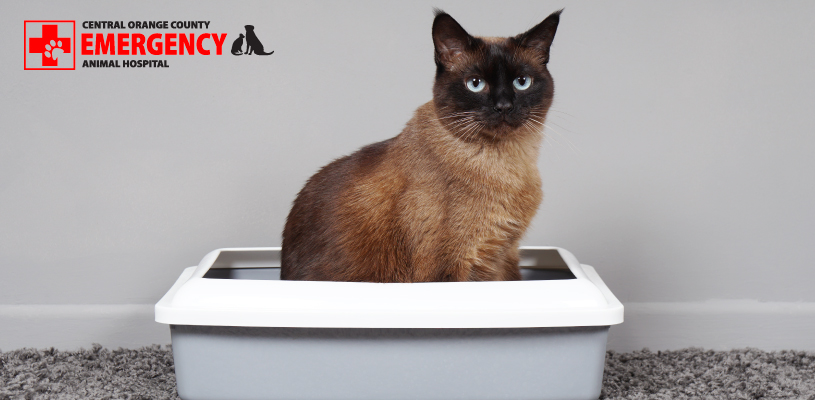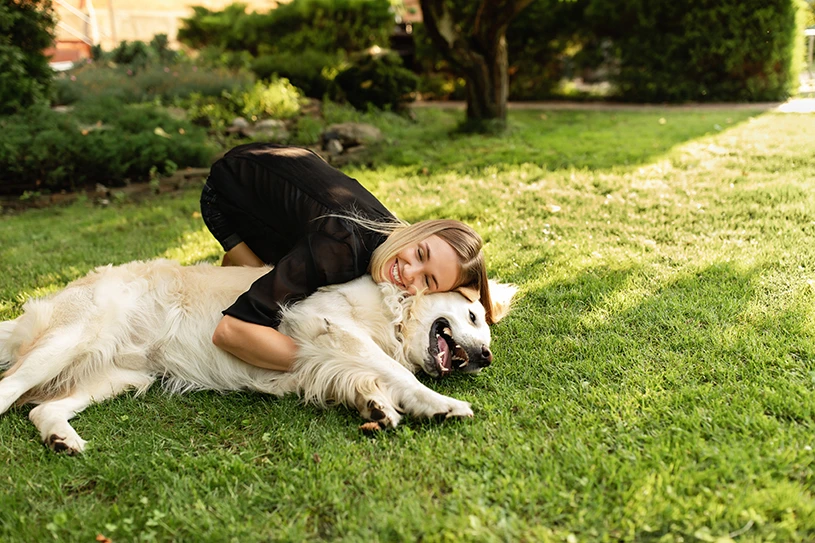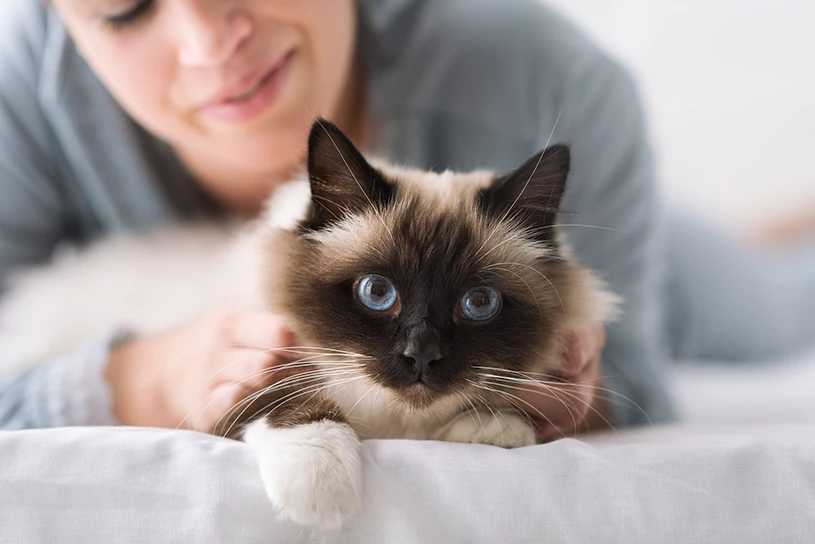Although cats are more independent than most other pets, they do need a great deal of care and attention. From brushing their teeth to checking their poop frequently, there is more to adopting a cat than you might initially think of. Fortunately, these sometimes-annoying tasks offer great benefits for maintaining your cat’s health. Checking your cat’s poop can warn you of different health issues your cat may have, allowing you to treat them sooner than usual and avoid more serious complications.
What Does Cat Poop Reveal About Your Cat’s Health?
Cat poop smell, or cat stools, are an excellent indicator of your cat’s general health. Change in consistency, color, shape, smell, or size can be the first visible effects of a disease your cat has, so it’s best to check their litter with enough frequency to be able to tell when something is out of the ordinary.
However, changes in your cat’s stool don’t always come from a severe health issue. Sometimes a dirty litter box or a change in your cat’s diet can be enough to upset their stomach. Because of this, if you do notice abnormal cat stool, don’t panic, and don’t try to medicate your cat yourself. Contact your veterinarian and schedule an appointment as soon as possible.
How Often Do Cats Poop?
While every cat has their own pooping frequency when it comes to visits to the litter box, there are some parameters that will help you determine whether your cat has a health issue and needs to see a vet or not. According to PetMD, if your cat goes more than two days without visiting the litter or, on the contrary, they go more than twice a day, you should talk with their veterinarian.
Additionally, it’s normal for cats to poop less frequently as they grow older, so there is no need to worry as long as they aren’t outside the parameters mentioned above.
Consistency of Your Cats’ Stools
Cats’ stools are drier and firmer than what cat owners expect and thus are commonly mistaken as a sign of constipation. To avoid this, it’s important to get familiar with your cat’s feces when they are healthy and to check on them at least once every couple of days.
If your cat’s poop is watery or soft, it’s considered diarrhea, and you should talk with your cat’s vet, as this may be a sign of a bacterial infection or intestinal parasites. On the other hand, if it’s drier and harder than usual, it could be a sign of not only constipation but also irritable bowel syndrome, allergies, and more. Similarly, you should contact your vet as soon as possible.
What Does Bloody Mucus in Cat Stool Mean?
When cat owners wonder, “What does cat poop look like? “One of the first characteristics that come to mind is color. It’s quite easy to notice, and unlike frequency, you don’t have to pay close attention to your cat’s poop to notice a change. Normally, your cat’s stool will have a dark brown color. It could be a sign of internal bleeding if it’s black or has red streaks. While light brown, orange, or yellow could mean an issue with your cat’s liver or pancreas. A greenish color can indicate a problem with their gallbladder.
Whichever the case may be, if you notice any change in your cat’s stool color or you see mucus in it, call your veterinarian and inform them of the situation before any possible condition becomes more severe.
Shape & Size of Cat Poop – Cat Stools Color –
As mentioned previously, if your cat’s poop is very soft, without a shape, or soupy, it’s most probably diarrhea. If your cat’s poop is cylindrical and nugget shaped, then there is nothing to worry about. However, various small pieces of stool can be a sign of constipation in your cat. Check how often your cat uses their litter box and how much they poop. If you notice that they aren’t pooping, as usual, contact your cat’s veterinarian.
Why Does My Cat Poop Smell So Bad
Hair in your cat’s stool is just a natural consequence of your cat’s self-grooming, so there is no need to worry about it. If you find much more hair than usual, however, it could mean that your cat is overgrooming, which in itself is an effect of other issues such as anxiety and itchy skin. Little oval-shaped white stripes in your cat’s poop could be tapeworms. If you spot them, contact your bet immediately.
Sometimes you will also find foreign and seemingly random objects in your cat’s stool, like little pieces of plastic, threads, etc. This is a result of your cat chewing on different objects around the house, so it’s best to try to avoid it as much as possible.
Visit an Emergency Animal Hospital in Newport Beach
Visiting your cats’ veterinarian often will help avoid problems with constipation in cats or chronic diarrhea. Ask the veterinarian about proper cat nutrition to avoid the onset of problems in your cat’s gastrointestinal tract.
If you notice some abnormality with your cat’s stool or pooping habits and worry it might be a sign of something serious, contact us here at Central Orange County Emergency Animal Hospital, where we’ll be happy to help them. Some cats may suffer from food allergies or liver disease that requires immediate attention.



